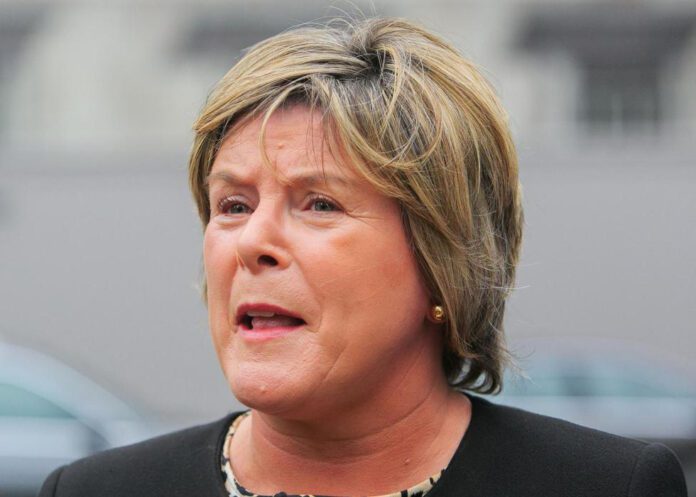
OUT-of-hours crisis cafés are being proposed as an alternative to sending patients experiencing a mental health emergency to a crisis team based in the emergency department of a busy hospital.
As part of a major national plan to overhaul the mental health services, options other than the emergency department are being proposed to support individuals to deal with a crisis.
According to plans laid out in the document ‘Sharing the Vision,’ people using the cafés “would be able to access talk therapies, coping strategies and one-to-one peer support, provided by a team of appropriately trained volunteers, working on a rota basis.
“The cafés may reduce demands on emergency departments by providing an environment more suited to the needs of some individuals. Moreover, crisis cafés can also be an alternative access point for children and adolescents,” the plan states.
Another proposed support, tele-psychiatry models “could be a way to provide 24-hour psychiatry consultations to service users of all ages. Clients could access supports from a variety of locations such as primary care centres, GP practices and VCS services,” according to the plan.
The HSE is also planning to have the age for qualification for Child and Adolescent Mental Health Service (CAMHS) extended from 18 to 25 before service users have to transition to the adult mental health sector.
Launching the plan, which will see recommendations implemented over the next three years, Minister of State for Mental Health, Mary Butler said: “It was of paramount importance to establish the National Implementation and Monitoring Committee (NIMC) in 2020 to drive Sharing the Vision forward, to put the policy into practice and to ensure regular reporting to me as Minister for Mental Health.
“A number of Specialist Groups are now in place, progressing the priority issues of women’s mental health, youth mental health transitions from child to adult mental health services and acute inpatient bed capacity.”
She said a reference group of service users and family members will be established by the end of April.
“This is of critical importance, as service users, family members and carers must have strong input into all aspects of policy design and delivery so that service improvement can be informed by their perspective and lived experience,” Minister Butler said.


